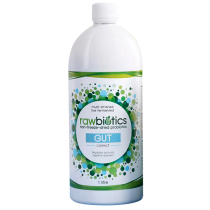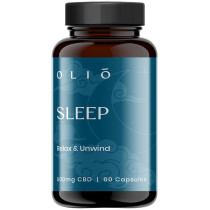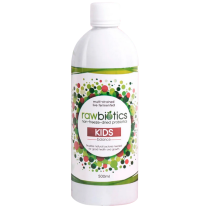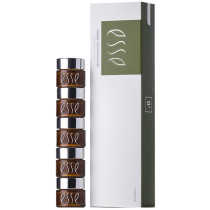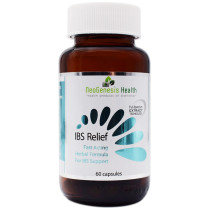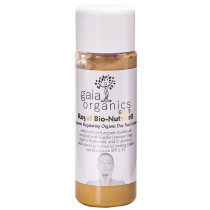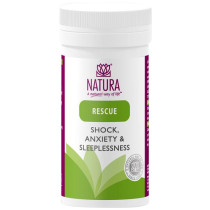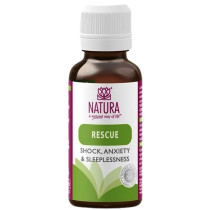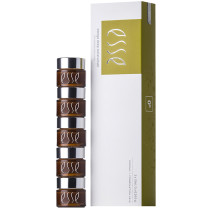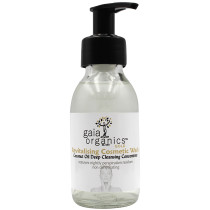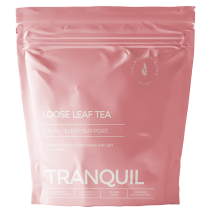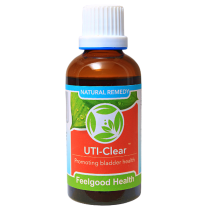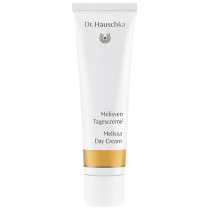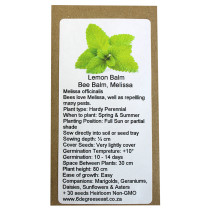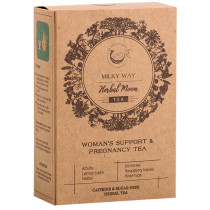Lemon Balm
Essential Oil
Lemon Balm
Other Name(s):
Melissa officinalis

Melissa officinalis is native to Southern Europe, North Africa and parts of Western Asia. It’s grown in small amounts commercially in South Africa. It requires a minimum of 300 mm rainfall annually but will thrive better when watered more generously up to 1300 mm annually. Lemon Balm attracts bees with its fragrant blossoms.
Is Lemon Balm Faithful to Nature?
Yes.
Lemon Balm is a natural ingredient with a wide range of uses and applications. It can be farmed sustainably using organic farming principles. Lemon Balm Essential Oil is however a powerful ingredient and should be used wisely.
Benefits: Why is Lemon Balm Used?
Fresh Scent
Lemon Balm essential oil combines the fresh scents of both mint and lemon.
Digestive Aid
Lemon Balm may help promote digestion after a meal and reduce bloating.
Calming Effect
Lemon Balm is used to aid with anxiety, insomnia and stress.
Flavour Enhancer
Lemon Balm is used as a pleasant flavour addition to a variety of dishes and drinks due to its pleasant lemony flavour.
Lemon Balm can be found on store shelves as a single ingredient essential oil and the fresh leaves can be found in delicious teas. It can also be found in premium, natural skin care products like moisturisers, serums, cleansers, washes, scrubs, and toners.
Lemon Balm Essential Oil is made by steam distillation of the freshly harvested leaves. The leaves are harvested and crushed before being steeped in boiling water. The evaporated steam is collected where the essential oils naturally separate and float on top of the water. The water is drained out, most commonly using a separating funnel (conical flask with a spigot at the base).
EU regulations specify that certain fragrance oils commonly found in natural essential oils must be labelled separately on ingredient lists on cosmetic product labels. The EU governing bodies specify this because they are recognised as potential allergens which can irritate sensitive skin. Lemon Balm Essential Oil contains citronellal, citral, linalool, and geraniol and should be used with caution by those with very sensitive skin.
Notice: The information provided here is not intended as medical advice and is for educational purposes only.

